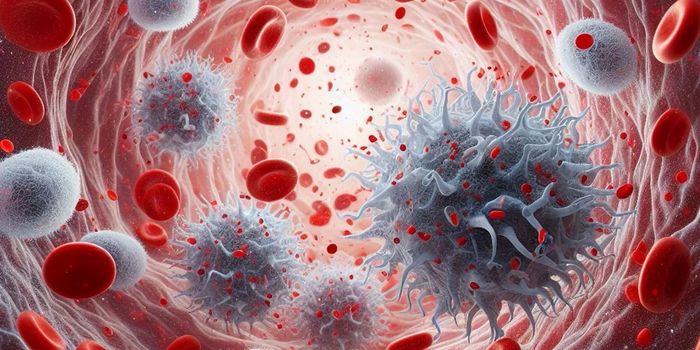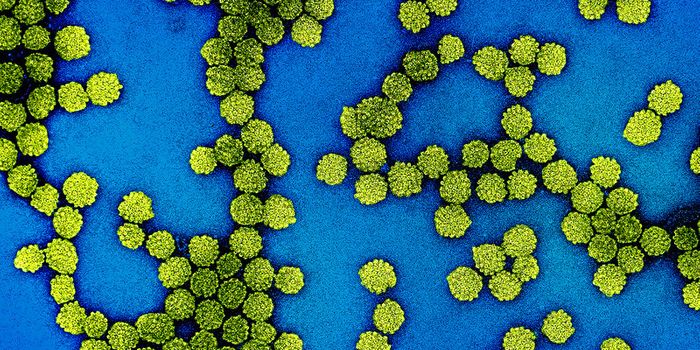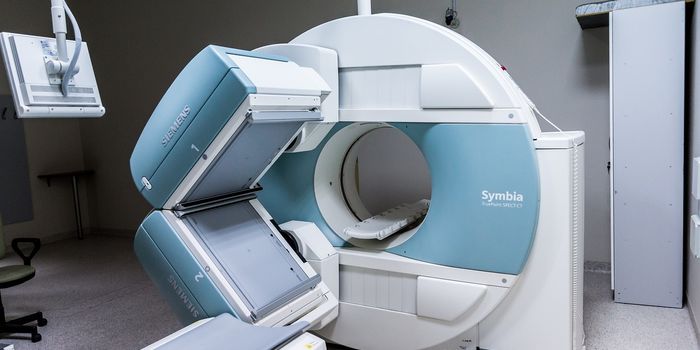For people who love spicy foods, a different type of spice – in the form of ginger – could counter the cancer effects of capsaicin found in chili peppers. The new study finds evidence that molecules in ginger, 6-gingerol, appears to reduce cancer occurrence in animal studies.

Chili peppers are the spice of life in many Asian cuisines – from vindaloos, to curries, to kimchi, the spicier the better. The exquisite but painful burning sensation associated with chili peppers is due to the capsaicin molecules that are most concentrated in their seeds. Unfortunately, studies have linked capsaicin exposure to increased cancer risks.
But perhaps there’s a way to enjoy spicy foods without risking cancer. And ironically, the solution may be ginger, yet another spicy food.

Ginger is a gnarly root that has a unique fragrance and spicy taste, which is also quite popular in
many Asian cuisines. But what got scientists’ attention to this root were ginger’s anti-inflammatory properties. Some key active compounds in ginger are 6-gingerol and 6-shogaol – chemicals that fight oxidation, inflammation, and cancer. These compounds are why ginger apparently helps with small upset stomachs and other digestive troubles.
Could ginger counter the cancer effects of chili peppers? As it turns out, both 6-gingerol and capsaicin bind to a cellular receptor that’s involved in tumor growth. Yet, capsaicin appears to antagonize cancer cells, while 6-gingerol appears to suppress inflammatory processes related to cancer.
To test this hypothesis, the scientists gave mice prone to lung cancer capsaicin alone, 6-gingerol alone, or both at once. While all of the mice fed capsaicin went on to develop cancer, half of the mice fed with 6-gingerol remained cancer-free. Furthermore, those fed with both ginger and capsaicin had the lowest incidence of cancer (20 percent). This suggests ginger’s molecules appear to buffer the capsaicin’s cancer effects.
While this has yet to be replicated in human clinical trials, the study adds more evidence to ginger’s health benefits. Last month, researchers developed ginger-derived nanoparticles to treat inflammatory bowel disease and colon cancer. But exactly how ginger molecules counter cancer cells will remain to be discovered in the next study.
Additional source: American Chemical Society via
EurekAlert!
 Chili peppers are the spice of life in many Asian cuisines – from vindaloos, to curries, to kimchi, the spicier the better. The exquisite but painful burning sensation associated with chili peppers is due to the capsaicin molecules that are most concentrated in their seeds. Unfortunately, studies have linked capsaicin exposure to increased cancer risks.
Chili peppers are the spice of life in many Asian cuisines – from vindaloos, to curries, to kimchi, the spicier the better. The exquisite but painful burning sensation associated with chili peppers is due to the capsaicin molecules that are most concentrated in their seeds. Unfortunately, studies have linked capsaicin exposure to increased cancer risks. Ginger is a gnarly root that has a unique fragrance and spicy taste, which is also quite popular in
Ginger is a gnarly root that has a unique fragrance and spicy taste, which is also quite popular in







